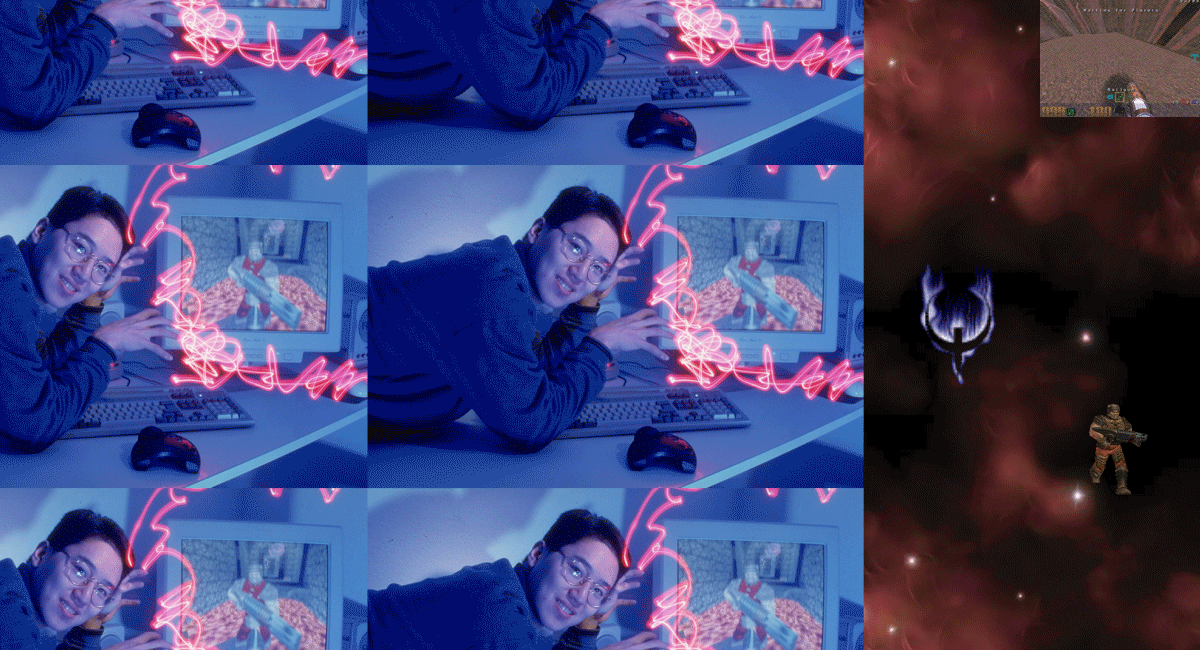The word “fractals,” which Benoit Mandelbrot invented, has caught on with everyone from kids to club owners.
Question: What does the word “chaos” mean to mathematicians?
Benoit Mandelbrot: The theory of chaos and theory of fractals are separate, but have very strong intersections. That is one part of chaos theory is geometrically expressed by fractal shapes. Another part of chaos theory is not expressed by fractal shapes. And other part of fractals does not belong to chaos theory so that two theories which overlap very strongly and do not coincide. One of them, chaos theory, is based on behavior of systems defined by equations. Equations of motion, for example, and classical mathematics, and around 1900, Poincaré and ****, two great mathematicians at the time, have realized that sometimes the solution of very simple looking equations can be extremely complicated. But in 1900, it was too early to develop that idea. It was very well expressed and very much discussed, but did not – could not grow.
Much later, of course, with computers this idea came to life again and became the very important part of science. So both chaos theory and fractal have had contacts in the past when they are both impossible to develop and in a certain sense not ready to be developed. And again, they intersect very strongly but they are very distinct.
Question: Do mathematical descriptions of chaos define some order within chaos?
Benoit Mandelbrot: Well a very strong distinction was made between chaos and fractals. For example, the rules which generate most of natural fractals, models of mountains, of clouds, and many other phenomena involve change. And therefore they are not at all chaotic in the ordinary sense of the word, in an ordinary, current, modern sense of the word. Not chaotic in the old sense of the word, which doesn’t have any specific meaning. But I don’t like to discuss the question of terms. The term chaos came, but you know something which was very confused, it helped it jell, but the use of a biblical name in a certain sense forces us to find the implications which were not important in mathematics. That’s why when the time came to give a name to my work, I chose the word fractal which was new. Before that, there was no need of a word at all because again there were only a few undeveloped ideas in the very many great minds. But when a word became necessary, I preferred not to use an old word, but to create a new one.
Question: How did you come up with the word “fractal”?
Benoit Mandelbrot: Well, it was a very, very interesting story. At one point, a friend of mine, an older person, told me that he saw a paper of mine on a new topic. And he said, “Look Benoit, I tell you, you must stop writing all of these papers in that field, that field, that field, that field. Nobody knows where you are, what you are doing. You just sit down and write a book. A short book, a clear book, a book of things which you have done.” So, I sat down and wrote the book. Now, the book had to title, why? Because the topics I had been studying had not been the object of any theory whatsoever. And there are many words which mean nothing, but many fields which have no name because they don’t exist. So, the publisher didn’t like this very ponderous title, said, “Look.” And a friend of mine, another friend, told me, “Look, you create a new field, you are entitled to give it a name.” So, I had Latin in high school and it turned out that one of my son’s was taking Latin in the United States, and so there was a Latin dictionary in our house, which was an exception.
I went in there and tried to look for a word which fitted what I had been working on. And when I was playing with the word fraction, and looked in the dictionary for a word where fraction came from. It came from a Latin word which meant, how to say disconnect – rough and disconnected, it was a very general – the idea of roughness originally in Latin. So, I started playing with fractus, which I named it that and coined the word fractal. First of all, I put it in this book, Objets Fractals, in French as it turned out, and then the English translation of the book, and then the word took off. First of all, people applied it in ways in which I didn’t find sensible, but there was nothing I could say about it. So, then the dictionary started defining it, each a little bit differently. And in a certain sense the word became alive and independent of me. I could scream and say, I don’t like it, but it made no difference.
I had once a curiosity of looking on the Web in different countries having different languages, what is a fractal, and found that in one country, I will not mention, it’s a word that has become applied to some nightclubs. A fractal nightclub is a kind of nightclub. I don’t know which, because I haven’t been there, but, and I don’t know the language, but I guess, from what I could guess, what it was. It’s a word which has its own life. I gave it a definition, but that definition became too narrow because some objects I want to go fractal did not fit the old definition.
So some people asked me would I still believe the definition of whatever – 40 years ago. I don’t. But I have no control. It’s something which works by itself. The fact that very many adults I know never heard of it, but the children have, is what gives me particular pleasure because high school students, even the bright ones, are very resistant to, how to say, imposed terms. And the combination of pictures and of deep theory, you can look at the picture and find something, some idea about this picture is sensible, and then be told that very great scientists either can’t prove it, or has taken 40 years to prove it, or had to be several of them together to prove it because it was so difficult. And it can be seen by a child, understood by a child. That aspect is one which very many people find particularly attractive in the field.
In mathematics and science definition are simple, but bare-bones. Until you get to a problem which you understand it takes hundreds and hundreds of pages and years and years of learning. In this case, you have this formula, you track in a computer and from a simple formula, in a very short time amazingly beautiful things come out, which sometimes people can prove instantly and sometimes great scientists take forever to prove. Or don’t even succeed in proving it.
Recorded on February 17, 2010
Interviewed by Austin rnAllen





